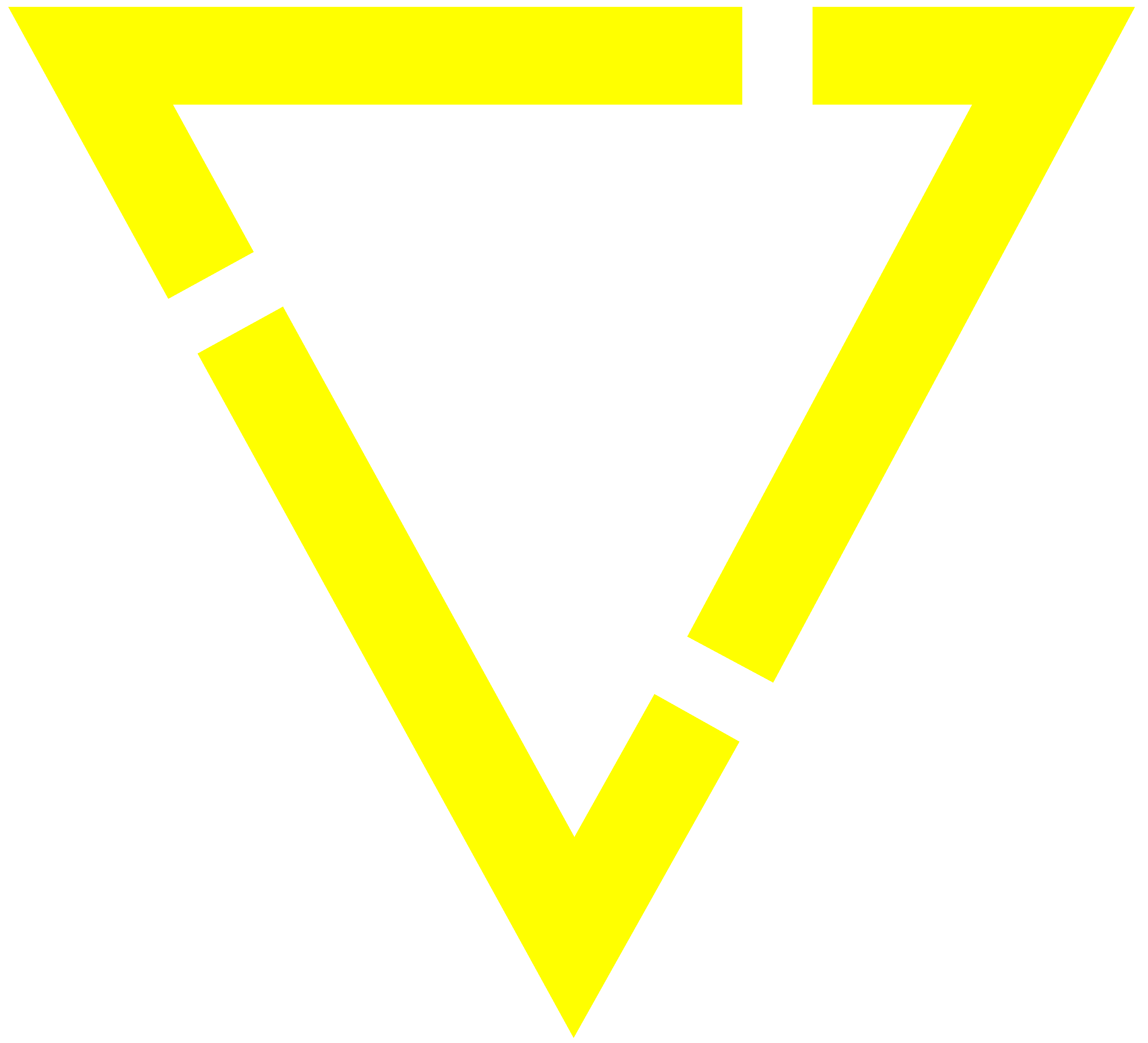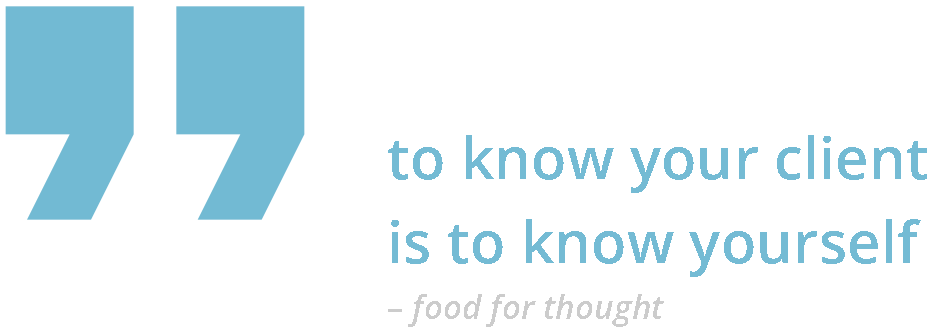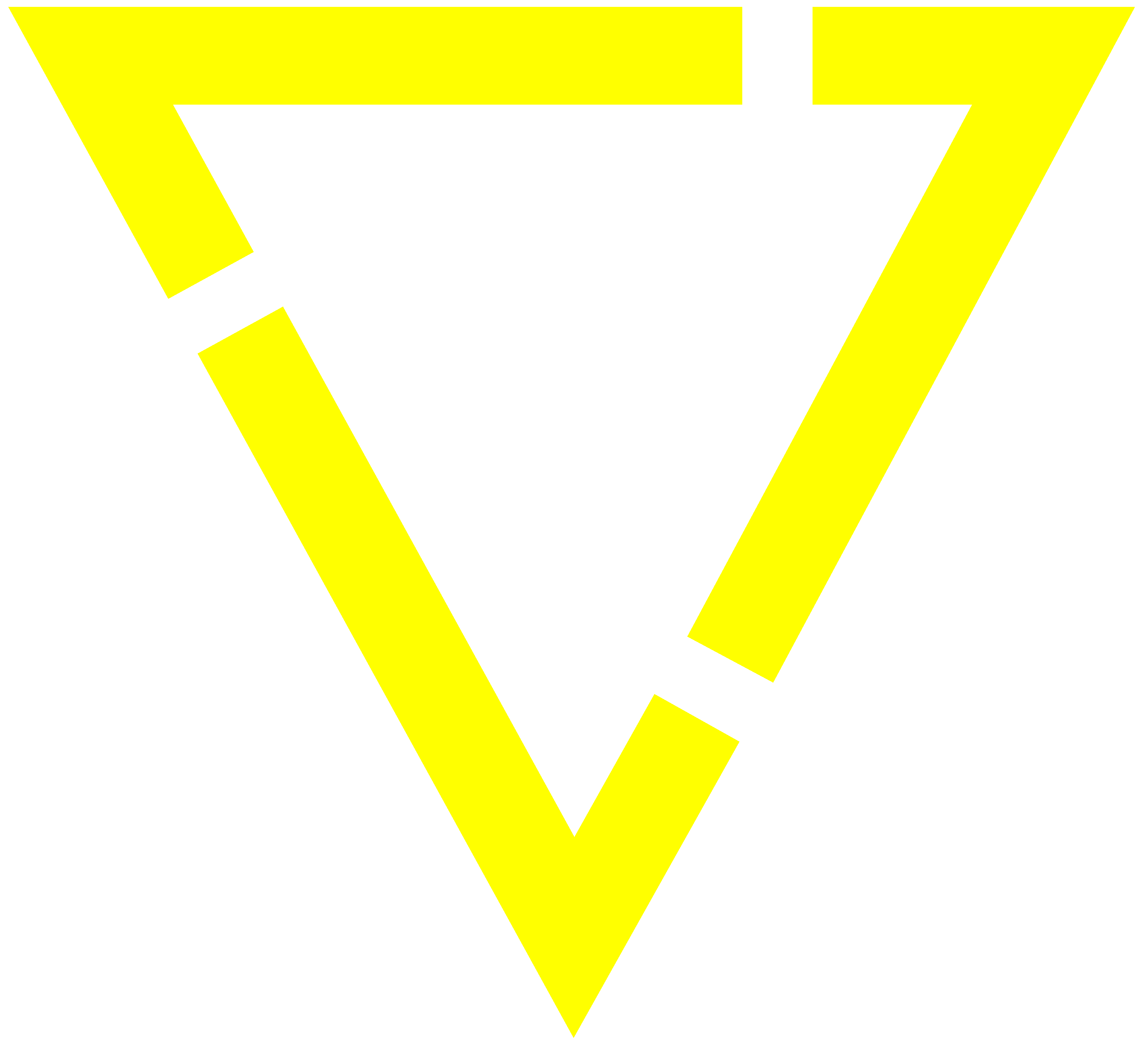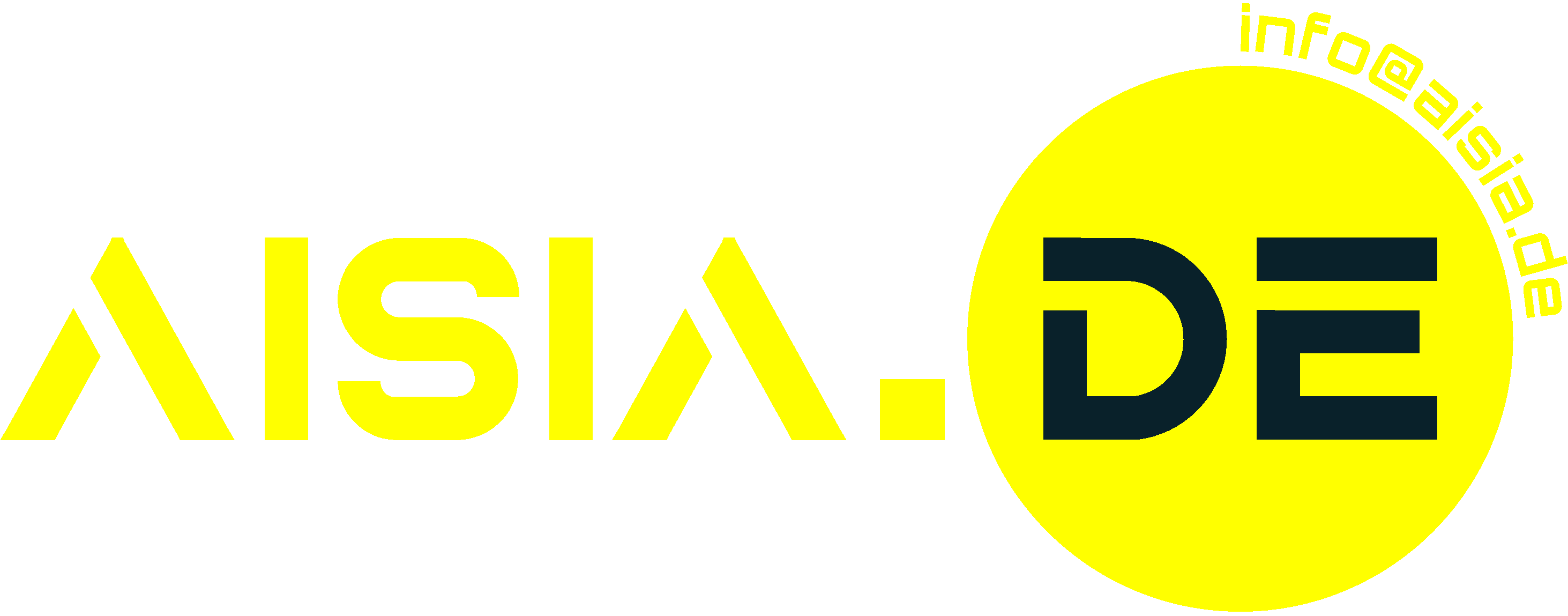

Small business is first and foremost about business instinct, social skills and a determination to succeed. It depends on discipline, hard work and personal sacrifice. That can be tough at times. Small business is also about organisational skills, and skills to produce and sell a product or service. Owning a small business is not for feeble minds. It requires strong character and the proper mindset. So before making your first step in that direction, ask yourself: Am I the right person for this?

Of course we will assess first if you’re made of the right stuff. But once you enrol, you are making the first step in a life altering new journey. You made the choice to take things into your own hands. To be in control instead of being controled. It’s a transformative change too. At the end there is a ‘new you,’ reinvented and empowered. But keep in mind: the world around you is changing faster. So it’s up to you to keep track, and to keep the pace. That’s what being an entrepreneur is about: to stay ahead.

TRAIN YOUR SOFT SKILLS: MODULES 1 – 4
Every successful business starts with who is in the driver’s seat. The first question is: Who are you? What makes you the person everyone wants to buy from? Are you capable of making yourself known to the world, attract people, build trust and customer loyalty? You have to be able to put on a good show, not anxious to seek the limelight. Can you be convincing when dealing with business partners and investors? But also, are you capable of standing your ground and keeping the eye on the ball?
Competition can be very tough. Sometimes you win, sometimes you lose. It can be very stressful at times but you must stay focussed. Also, can you handle setbacks, learn from it, and come back stronger? Do you have the X-factor: the winner’s mentality? Are you a survivor? Will you stay in bed when you have a mild flu or cold, or go back to work anyway? Basically, all this is about your personality and soft skills. So that’s the first thing our program focusses on. Without it no business can succeed.
KNOWING MYSELF &
MY BUSINESS
GENDER
STRATEGY
PERSONAL EFFECTIVENESS
SUCCESS & FAILURE
CRITERIA

TRAIN YOUR BUSINESS SKILLS: MODULES 5 – 8
The next step is that you need a good business plan. It will help you to convince the bank or an investor to support your ambitions. They want to feel confident that their money is safe, and that they will see a return of their investment. A good plan also guides you through every stage of starting and managing your business. It’s a roadmap for how to structure, run and grow your business. That requires discipline. As an entrepreneur you must be a good organizer. All the ‘paperwork’ must be in good order.
It all starts with one question: What do you want to sell? What value are you adding? Which extras are you bringing to the table, different from others? What makes you stand out, as a business and as a person? Last but not least: Why do you think there is a market for your product? Who will be buying? If your customers have a choice and can go elsewhere, why will they still come to you?
BUSINESS PLAN
PART 1
BUSINESS PLAN
PART 2
PRACTICAL
SESSION 1
PRACTICAL
SESSION 2

METHODOLOGY
The modules describe the general outlines of the program. These will be further finetuned, depending on the participants and the group dynamics. Complexity and depth of the contents may vary also, depending on the type of businesses the participants aspire to. It matters for instance if someone wants to run a workshop and sell products, or sits in an office and runs an internet service.
The program is also highly interactive and pragmatic in its approach. The primary aim of the program is to shape and mould the minds, energized and ready to face the challenges ahead. Shaping the mind (modules 1-4) is the groundwork that needs to be accomplished before providing tools and practise (modules 5-8). There will be some theory (modules 5-6), but it will be discussed and simulated in the context of the business the student is prepared for: to-the-point and relevant. After all, contents are easier to process and internalize when explored and discussed within the scope of personal ambition, learning style, mental constitution and personality.
to understand change is to change
Different from other educational programs is that our method isn’t static and based on vertical instruction. It is dynamic and based on self-realisation, observative and introspective skills, and a determination to continuously self-improve and be the best. Inner boundaries aren’t static either, but evolve as well as new experiences increase awareness of the self and the dynamics in an ever changing sociocultural and economic environment. To understand change is to change first. That is about the ability to shake off the shells of the old self, and reconnect with the changed world as you constantly reinvent yourself. It is also a reconnect with yourself, both cognitive and as an intuitive reflex. Only then you will be able to anticipate change, read the signs of time, and understand your place in it. The program intends to give the students a first taste of that. For this purpose the program also isn’t linear as traditional educational services are, but recursive. This means that as progress is being made there will be continuous feedback to previous modules in terms of reverse and agile learning while the starting position per module also is being recalibrated. This approach reflects the very thing we are so eager to teach: to handle the dynamics of change, volatile and unpredictable. After all, that is what being an entrepreneur is all about.

All rights reserved – Alle Rechte vorbehalten – Alle rechten voorbehouden – Tous droits réservés


